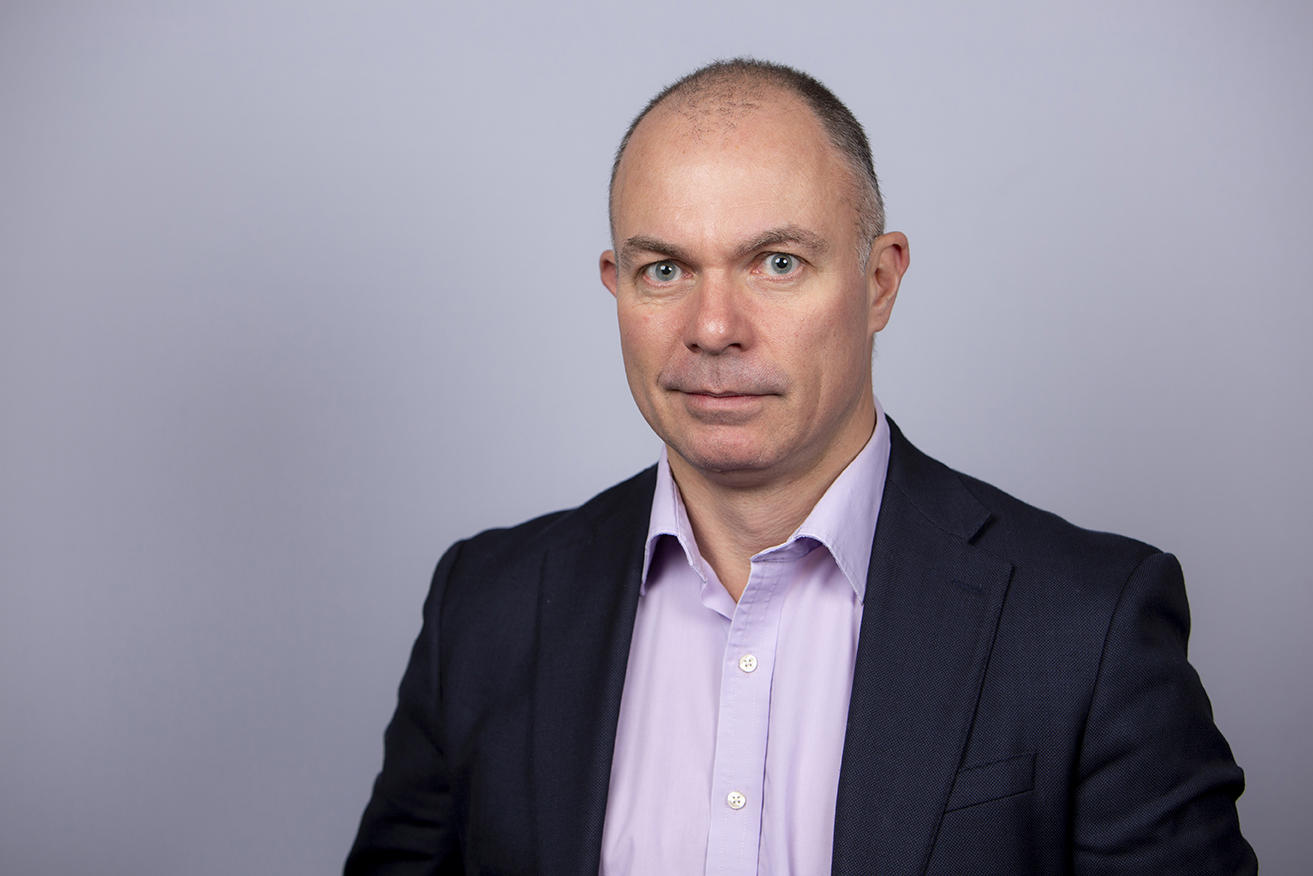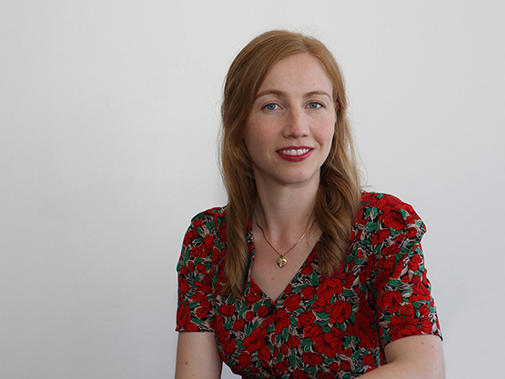Healthy societies are everyone’s goal but influencing the bigger picture is hard when you’re grappling with the urgent and immediate in silos and specialties. Yet, COVID has created an appetite and momentum for tackling some of the big public health issues – and it is something the BMA board of science is keen to leverage.
It is the board’s role to inform and shape government and public opinion on these overarching public health concerns, and champion the science and research around them, whether through policy briefings or symposiums, lectures or webinars.
So, its new chair David Strain and deputy chair Melody Redman (pictured above) are excited to be taking on their roles at a time when these issues are gaining traction.
We need to make sure that a supportive environment is there to enable people to be healthyDr Strain
We’re entering a new era in medicine,’ says Dr Strain, a clinical academic with interests in issues such as diabetes, older adults and obesity. ‘Everyone is more informed now: people crave information. They want to understand why, for example, somebody living with obesity is more at risk of a cancer.
‘And there’s a shift in the mindset of the medical profession towards co-production, involving service users when designing a service. I don’t deliver care to a person with diabetes: I may suggest some tablets, lifestyle management, incentives, but ultimately they deliver their own care.
'We need to make sure that a supportive environment is there to enable people to be healthy.’
The board’s priorities are wide-ranging: oral health and its association with other health conditions; obesity; suicide prevention; and addressing poor health outcomes stemming from economic inequality. Work is ongoing on other issues such as smoking, climate change and long COVID.
And at last month’s BMA annual representative meeting members voted on a motion, developed by both board and BMA public health medicine committee representatives, to explore ways of addressing gambling addiction.
It is keen that its work, in close collaboration with other BMA committees, BMA staff and the patient liaison group, has ‘measurable outcomes’ in areas where there is a ‘clear deficit’.
Campaign wins
This professional arm of the BMA is not at odds with its work as a trade union. In fact, the board bolsters and gives credibility to its lobbying and campaign work, Dr Redman argues.
‘We strongly believe, and we see, that our work as a board improves our ability to negotiate from a trade union perspective, because we have a reputable and respected voice in other areas,’ she says.
 STRAIN: ‘Entering a new era of medicine’
STRAIN: ‘Entering a new era of medicine’
Dr Strain cites several examples of BMA campaign wins on the back of work by the BMA board of science. Its papers helped usher in laws requiring helmets for motorcyclists and seatbelts for drivers; its scientific updates on tobacco contributed towards smoke-free public places.
‘And our symposium on AMR (anti-microbial resistance), which is still very much a live issue, helped shape the Government’s own AMR strategy, and many of the recommendations from our event were incorporated into its five-year action plan,’ says Dr Strain.
‘We capitalise in our advocacy on brand recognition of the BMA as a professional body and a trusted source of information.’ And doctors’ interests are directly served by moves to improve patients’ health and wellbeing, as Dr Redman points out.
‘When we see wider issues in society that cause people harm and that we can’t directly address within our medical role, it affects us strongly too, in terms of moral injury and frustration.’
Positive influence
There are other important reasons why they believe the BMA should continue to contribute to the debate on public health.
Chief among them is the fact that the BMA has a unique voice. The cross-specialty perspective offered by the diverse group of clinicians sitting on the BMA board of science makes its contribution to the debate important.
We should be using our voice to speak out for the most vulnerable in our societyDr Redman
The fact that the vast majority of board members are still practising medicine and regularly seeing patients also differentiates them from many other representative medical bodies.
‘The BMA is one of the very few trusted voices out there representing the overall healthcare setting,’ says Dr Strain.
Both Dr Redman and Dr Strain are keen to stress the board is accessible to all BMA members. Any member can influence what the board works on by proposing a motion through the ARM – an opportunity not generally afforded in other professional bodies. And any member can stand for election to the board.
For Dr Redman, being on the board is an opportunity to pursue in practical ways one of the reasons she came into medicine: influencing the big picture for the sake of those who can’t.
‘As a medical profession, we have a powerful and respected voice, and I believe we should be using that to speak out for the most vulnerable in our society. I love being able to work with the board on wider issues I couldn’t address in my day-to-day role.’

